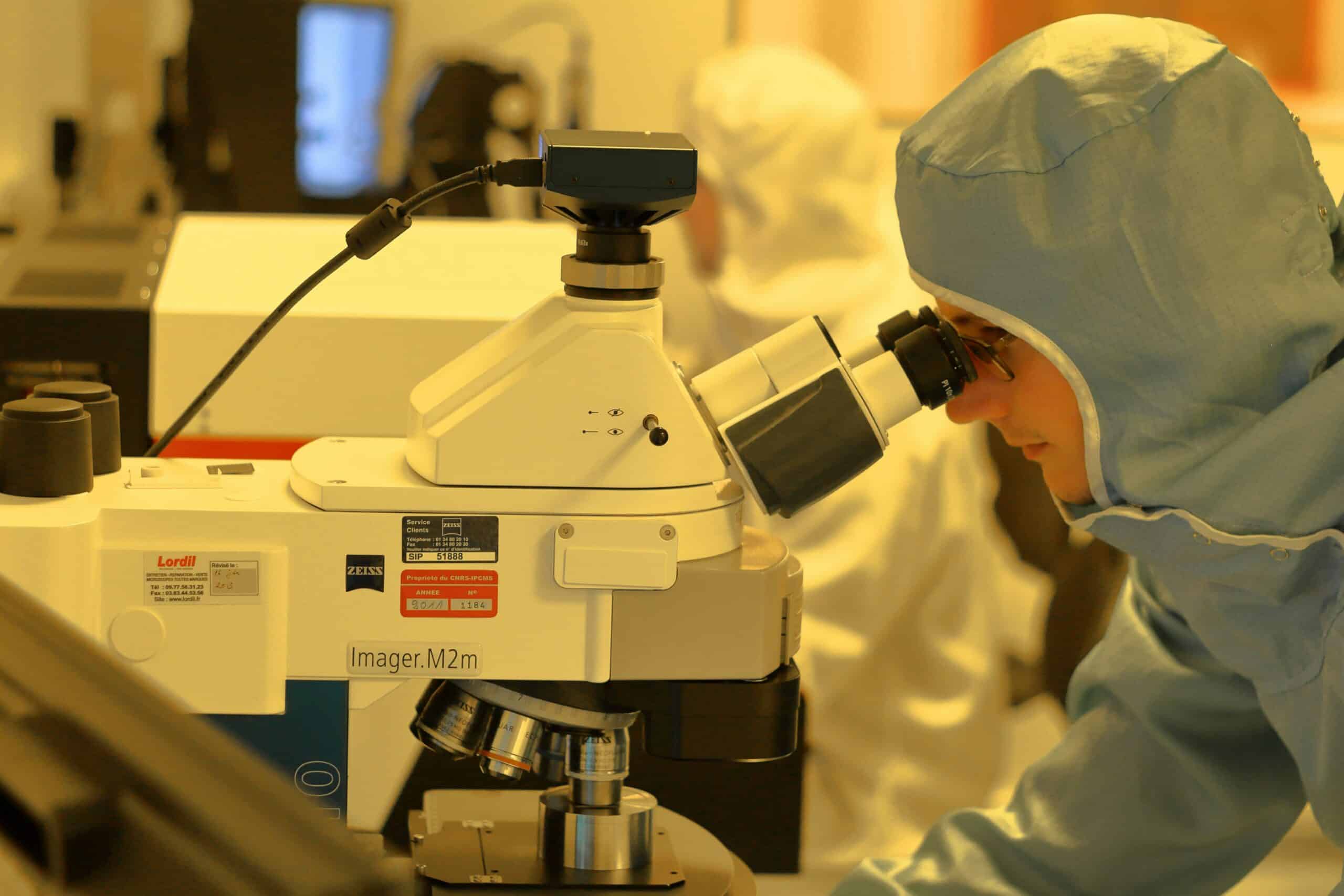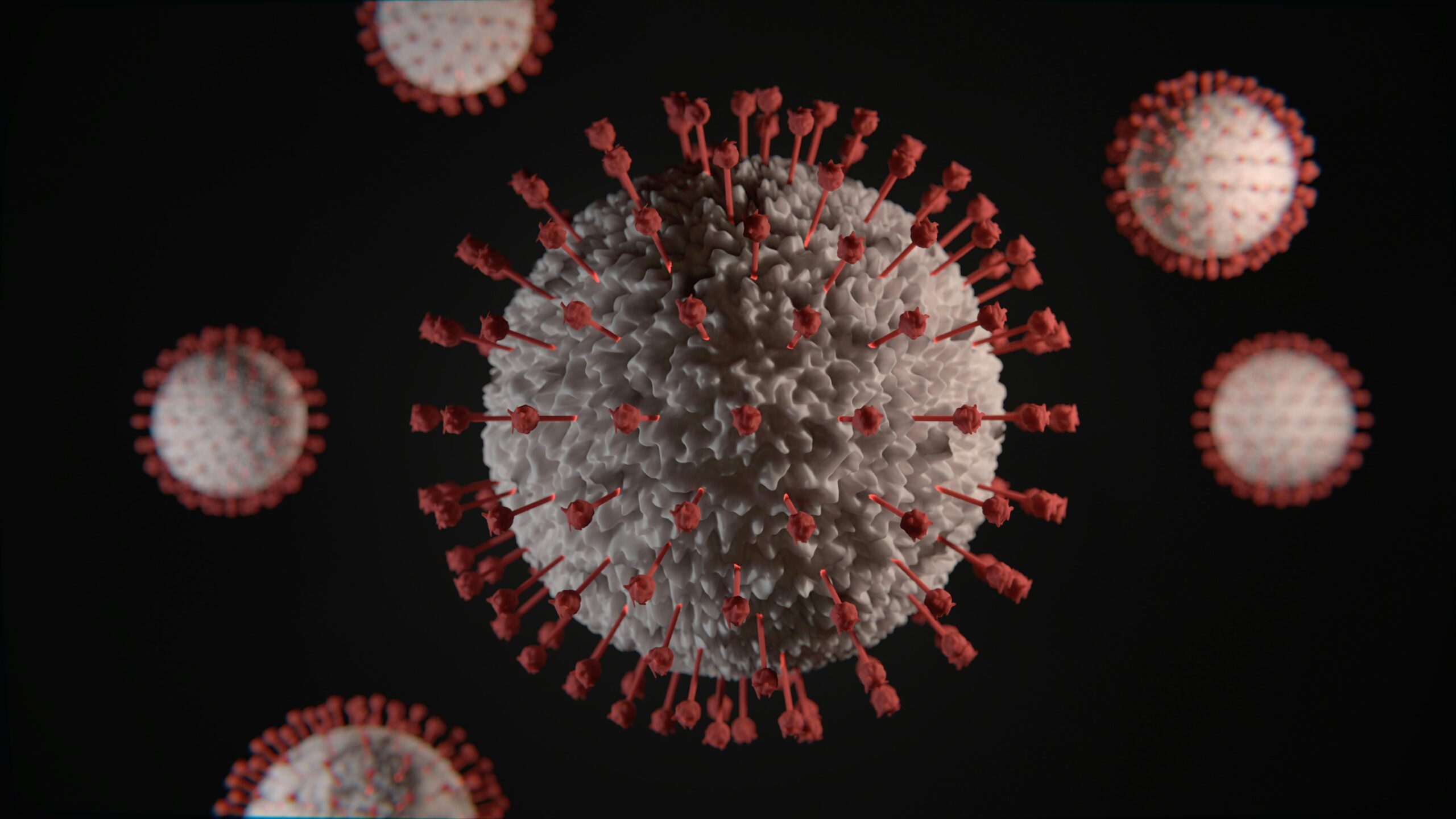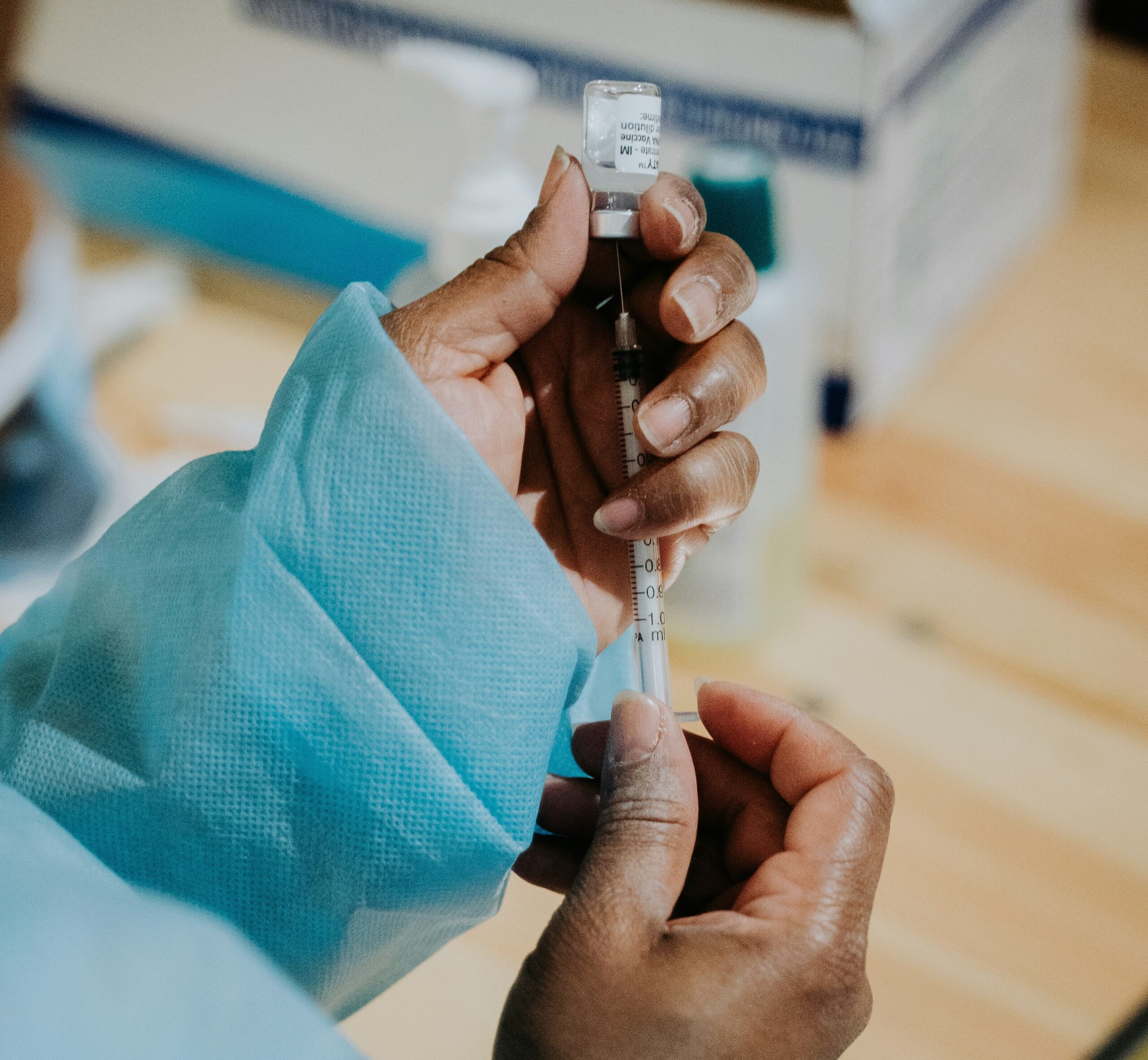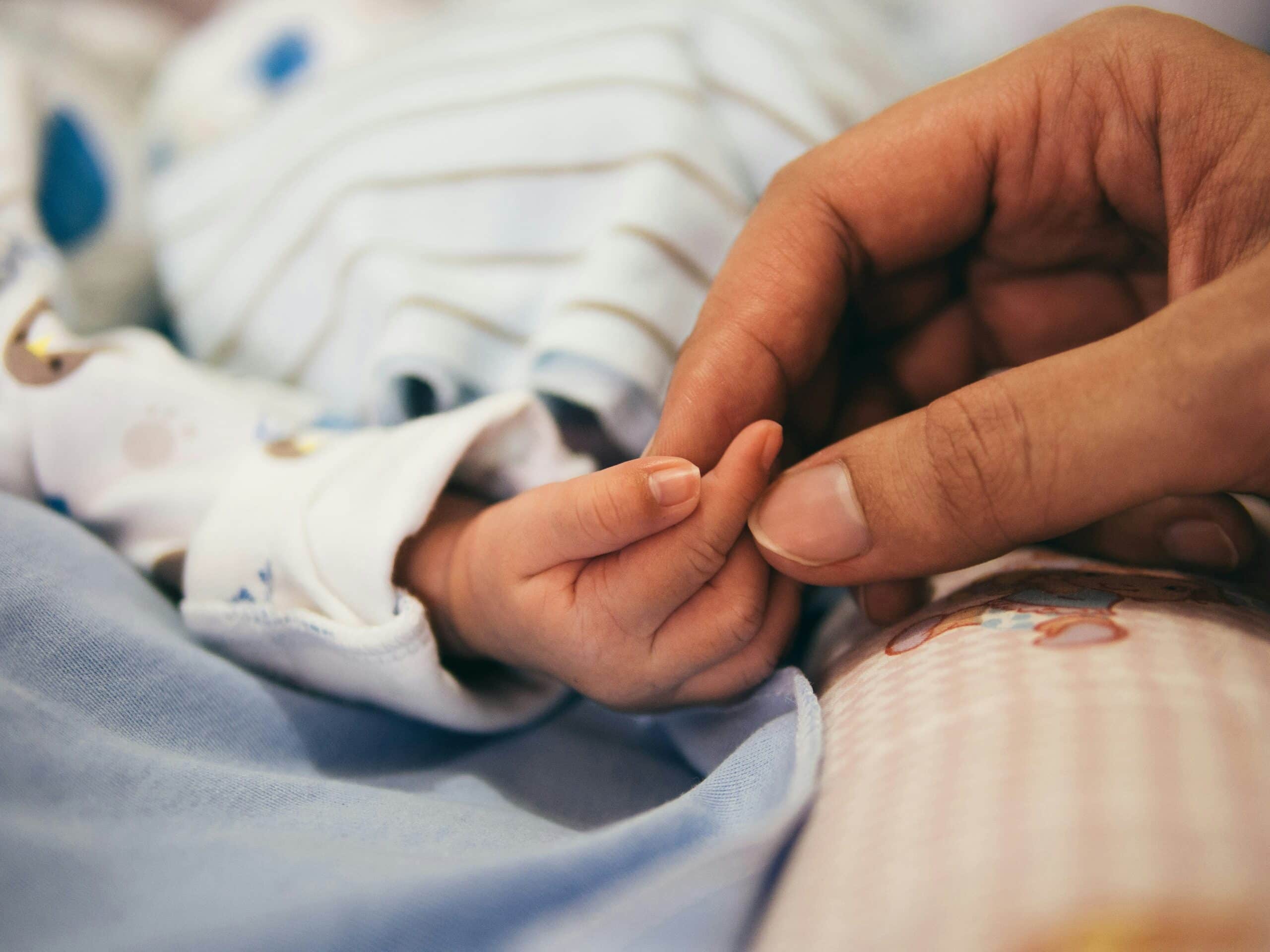
COVID-19 Survey III (2022)
Impacts to Scientific Research
Section 01
Survey Overview and Demographics
General Overview
Study Date: 06.05.22–19.06.26
Geographic Coverage: United States
Expertise:
- 65.24 Biology
- 29.87 Civil and Environmental Engineering
- 4.87 Biochemistry
Response Overview
Sample Size: 1891
Valid Responses: 164
Response Rate: 9.6
Date initial findings posted: 08.22.22
Most recent update: 08.22.22
Days survey in field: 37
Average response time: 12
Survey Demographics
Respondent Demographics:
- 56% Female
- 43.9% Male
- 100% Academic
- 0% Industry
Language(s): English
Section Overview
In this third round survey on COVID-19, we asked scientists about the ways in which their professional and personal lives have been impacted over the past year. We also asked their opinions on policy issues related to the pandemic and the ways their institution responded. You can see results from the 2020 survey here and the 2021 survey here
Question
Since June 1, 2021 have social distancing and other COVID-19 related policies had a negative impact on your research in any of the following ways? (N=160)

Finding
According to scientists, the most negative impacts of COVID-19 related policies on research were:
- Collaboration disruptions (89%)
- Lab work disruptions (77%)
- Grant disruptions (75%),
- Publication and research dissemination disruptions (69%).
Question
Since June 1, 2021 have social distancing and other COVID-19 related policies had a negative impact on your research in any of the following ways? (Separated by gender; N=160)

Finding
Both women and men reported that COVID-19 related policies had negative impacts on their research. However, a higher proportion of women reported that COVID-19 related policies disrupted their lab work, publications, and grants. Men were more likely to report that policies disrupted collaboration and field work.
Question
Since June 1, 2021 have social distancing policies had a positive impact on your research in any of the following ways? (N=160)

Finding
The most commonly reported positive impact of COVID-19 related policies was exploring new research topics (35%), followed by catching up with research commitments (31%).
About one-fourth of the respondents (26%) reported that COVID-19 policies had positive impacts on loosening university rules and about 23% said that they have developed new collaborations.
Less than 20% of the respondents reported that COVID-19 related policies have positively impacted identification of new grant funding opportunities (17%) and new data sources (16%).
Question
Do you currently have one or more research grants that are facing financial problems that are directly caused by the COVID-19 pandemic? (N=159)

Finding
About 31% of the respondents report that they faced financial issues due to the COVID-19 pandemic.
Question
Have you taken any of the following actions in response to these financial problems? [select all that apply] (N=50)

Finding
Among the respondents who faced financial problems due to the COVID-19 pandemic, about 78% report that they have applied for timeline extensions and about 42% report that they delayed data collection.
Less than one-third report that they ended data collection early (30%) or that they applied for supplemental funding (29%). Approximately 13% said that they laid off their research staff and about 12% reported that they destroyed lab specimens or animals.
Question
Also thinking back [since March 2020], what effect do you think the COVID-19 pandemic had on each of the following: (N=160)

Finding
Most of the respondents (80%) reported that the amount of data they collected decreased because of the COVID-19 pandemic and more than half of the respondents (61%) reported that their number of publications has decreased.
About 48% of the respondents reported that the number of grants they submitted and their number of collaborators have decreased. Approximately 48% reported that their progress toward promotion decreased.
Question
Also thinking back, what effect do you think the COVID-19 pandemic had on each of the following: (Separated by gender; N=160)

Finding
While the COVID-19 pandemic affected both men’s and women’s productivity and progress towards promotion, a higher proportion of women than men experienced considerable decreases in the amount of research data collected (45% women vs. 37% men) as well as decreases in the number of papers they published (30% vs. 11%), and grants they submitted (29% vs. 13%).
Survey Description
This national survey of scientists and engineers was conducted by Center for Science, Technology and Environmental Policy Studies at Arizona State University. The population for the survey represents a random sample of PhD-level faculty in four fields of science. Three fields biology, biochemistry, and civil and environmental engineering, were collected from 61 randomly selected Carnegie-designated Research Extensive and Intensive (R1) universities in the United States (US). The final sample included contact information for 1,891 scientists. A total of 164 usable responses were obtained, representing an AAPOR response rate (RR4) of 9.06%.
Sample Weighting and Precision: the completed sample was weighted by the inverse of selection probabilities and post-stratified by gender and academic field to represent the population as closely as possible. A conservative measure of sampling error for questions answered by the full sample is plus or minus 5 percentage points. The survey was approved by Institutional Review Boards at Arizona State University and at the University of Illinois at Chicago.


